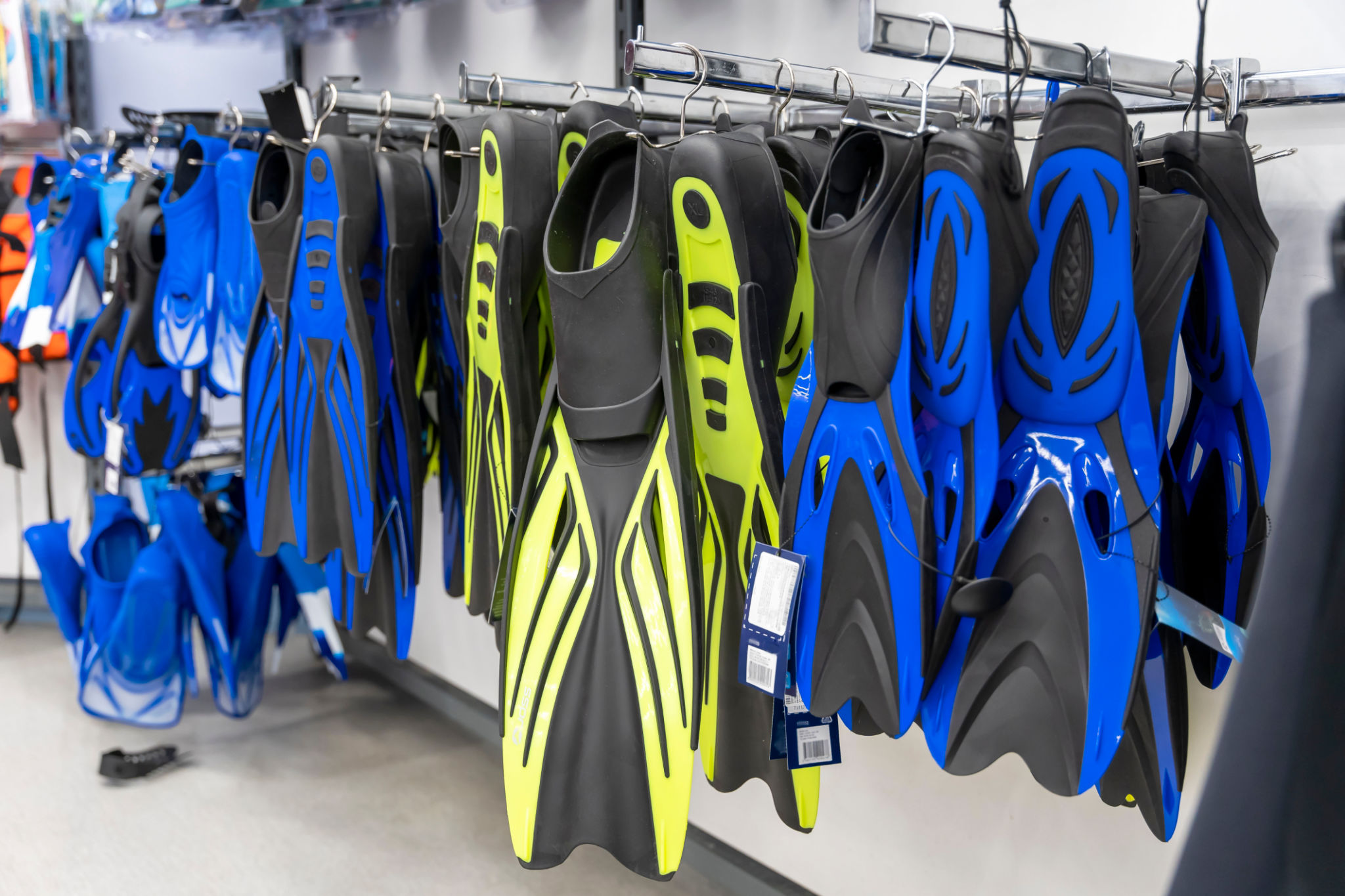Preparing for Your First Open Water Dive: Essential Tips
Understanding the Basics
Embarking on your first open water dive is an exhilarating experience that combines adventure with the serene beauty of the underwater world. Before you dive in, it's crucial to grasp the basics of diving to ensure a safe and enjoyable experience. Begin by getting familiar with your dive gear, which includes essentials like a mask, snorkel, fins, wetsuit, and buoyancy control device (BCD). Knowing how to properly use each piece of equipment will enhance your comfort and safety underwater.

Moreover, it's important to understand the basic principles of scuba diving, such as buoyancy control, equalization techniques, and how to read your dive computer. These skills are typically covered in a certified diving course, and mastering them can significantly boost your confidence as a novice diver.
Choosing the Right Dive Spot
When planning your first open water dive, selecting the right location is key. Opt for dive sites known for calm waters and good visibility, which can offer a more relaxed introduction to diving. Popular beginner-friendly spots often feature vibrant marine life and stunning coral formations that can make your first dive an unforgettable experience.

It's also wise to research the local marine conditions and climate. Understanding these factors can help you plan for the best time of year to dive at your chosen location, ensuring optimal conditions for visibility and safety.
Prioritize Safety
Diving is a safe activity when proper precautions are taken. Always dive with a buddy, as having someone by your side ensures that help is readily available if needed. Before entering the water, conduct a thorough pre-dive safety check with your buddy, verifying that all equipment is functioning correctly.
Additionally, be mindful of your limits and comfort level. It's important to progress at your own pace and not be pressured into diving deeper or longer than you're comfortable with. Adhering to the principles of safe diving, such as monitoring air supply and adhering to ascent rates, will help prevent common diving-related issues.

Stay Calm and Enjoy
One of the most important tips for first-time divers is to stay calm and enjoy the experience. It's natural to feel a mix of excitement and nerves before your first dive, but remember to breathe slowly and steadily. This not only helps with air consumption but also aids in maintaining buoyancy control.
Take the time to appreciate the underwater scenery and observe marine life in its natural habitat. Diving offers a unique opportunity to connect with nature in a profound way, so allow yourself to fully immerse in the moment.
Post-Dive Reflections
After completing your first open water dive, take some time to reflect on the experience. Consider what you enjoyed most and any areas where you felt challenged. This reflection can provide valuable insights for future dives and help you continue improving your skills.

Joining a local dive club or community can also be beneficial. Engaging with fellow divers allows you to share experiences, gain tips from seasoned divers, and find new dive buddies for future adventures.
